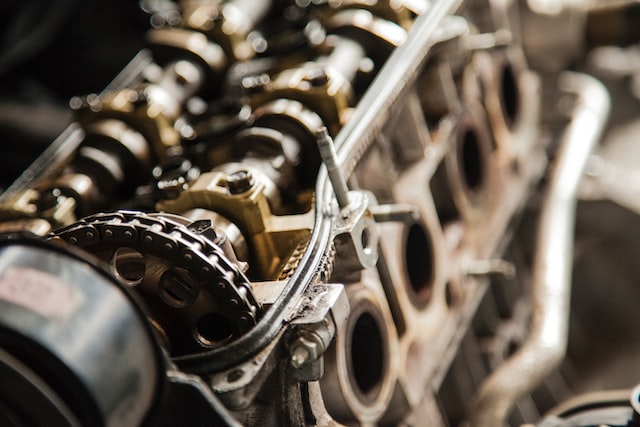How Important Is the Efficiency and Lifetime of Your Diesel Engine?
September 23, 2022Several factors affect the lifespan and efficiency of your diesel engine. One factor is its type. Marine diesel engines tend to have a shorter lifespan than automobile engines. This is because automotive engines are not subject to as many adversities as marine diesel engines are. However, this does not mean that the two types are completely different. They are both constantly in contact with water, and the type of water they are exposed to can significantly affect the longevity of both types.
Maintenance of a Diesel Engine
Proper diesel engine maintenance is crucial for your diesel vehicle’s efficiency and longevity. Regular oil changes, filter cleaning, and lubrication are important to maintain the engine’s performance. In addition, keeping the engine clean reduces the risk of breakdowns and increases fuel efficiency. It is also important to maintain the cooling system to prevent the engine from overheating.
Routine maintenance of a diesel engine includes changing the oil every 5,000 miles. However, heavy-duty equipment and machinery may require frequent oil changes and maintenance. Regular maintenance also includes checking the engine’s viscosity and levels of fluids. Even though it may seem like a hassle, regular maintenance will help ensure the efficiency and longevity of your diesel engine so using parts like airdog parts as part of the diesel installation is highly recommended.
Cost of Diesel Fuel
If you’re looking for better fuel efficiency than gasoline, you should consider a diesel vehicle. But it can cost more than gasoline, and you must also consider maintenance and repair costs. In addition, a diesel vehicle will also need a urea reservoir to neutralize the pollutants in the exhaust.
Diesel fuel and gasoline are both made from crude oil. Refining crude oil differs from region to region, and costs vary. But on average, the cost of diesel is less than gasoline. This is because diesel is heavier and less volatile than gasoline, making it easier to refine. However, since Ultra-Low Sulfur Diesel (ULSD) was introduced in 2006, it has increased fuel costs. In addition, the price of diesel fuel is affected by the number of additives it contains.
Another factor that affects the price of diesel fuel is its high tax. The federal excise tax on diesel fuel is higher than on gasoline, making it expensive to buy. In addition, the price of diesel fuel is closely related to economic growth. The United States economy has been growing for eight consecutive years, and the GDP has increased by 9.5% over the past year. This growth has resulted in increased demand for diesel fuel.
Oil Changes
Changing the oil in your diesel engine is essential for the efficiency and longevity of your vehicle. It would help if you had it changed once a week. It is normal for diesel oil to turn pitch black when it has not been changed for a while. You should follow the guidelines in your owner’s manual for oil changes.
You should change the oil every 5,000 miles or so. Changing the oil on your diesel engine regularly will extend its life and prevent it from suffering from the harmful effects of deteriorated oil. Also, changing the oil will boost the resale value of your vehicle.
Common Failure Modes
A diesel engine can experience multiple failure modes, each of which can cause damage to the vehicle. In addition, failures can occur in various subsystems, such as fuel injection and cooling. These subsystems can be addressed through scaled testing, contributing to developing a knowledge base for the full-scale diesel engine. Scaled testing can be conducted using the Diesel Enhanced Mechanical Diagnostics Test Bed, which includes an array of sensors that monitor pressure, temperature, vibration, and other important elements of a diesel engine. This tool allows users to detect and diagnose faults based on these symptoms, which can be used to improve performance.
Finite Element Analysis (FEA) simulations have been used to assess the severity of these failures. The results indicate that the cracks originated at the intersection of two exhaust passages. This study also showed that maximum temperature and thermal-mechanical coupling stress were not found in the crack origin zone. This suggests that the failure was not caused by excessive load.
Fuel Additives
The fuel additives you add to your fuel can make a big difference in the efficiency and longevity of your diesel engine. They improve the performance of your engine by protecting its internal parts and preventing corrosion. There are many different types of fuel additives on the market. Some are designed to improve the performance of gasoline-powered engines, while others are intended to improve the efficiency of diesel engines.
Diesel fuels are a complex mixture of thousands of components, which vary in their properties. Some are biomass-derived, and others are added to regular diesel. Depending on the diesel you use, fuel additives may improve the properties of the fuel, reduce emissions, increase ignition, improve viscosity over a wide temperature range, and improve other processes inside the engine.



